-
Doctors
-
Specialities & Treatments
Centre of Excellence
Specialties
Treatments and Procedures
Hospitals & Directions HyderabadCARE Hospitals, Banjara Hills CARE Outpatient Centre, Banjara Hills CARE Hospitals, HITEC City CARE Hospitals, Nampally Gurunanak CARE Hospitals, Musheerabad CARE Hospitals Outpatient Centre, HITEC City CARE Hospitals, Malakpet
HyderabadCARE Hospitals, Banjara Hills CARE Outpatient Centre, Banjara Hills CARE Hospitals, HITEC City CARE Hospitals, Nampally Gurunanak CARE Hospitals, Musheerabad CARE Hospitals Outpatient Centre, HITEC City CARE Hospitals, Malakpet Raipur
Raipur
 Bhubaneswar
Bhubaneswar Visakhapatnam
Visakhapatnam
 Nagpur
Nagpur
 Indore
Indore
 Chh. Sambhajinagar
Chh. SambhajinagarClinics & Medical Centers
Book an AppointmentContact Us
Online Lab Reports
Book an Appointment
Consult Super-Specialist Doctors at CARE Hospitals
Peripheral Neuropathy Or Nerve Weakness: Causes, Symptoms and Prevention
Updated on 6 January 2022
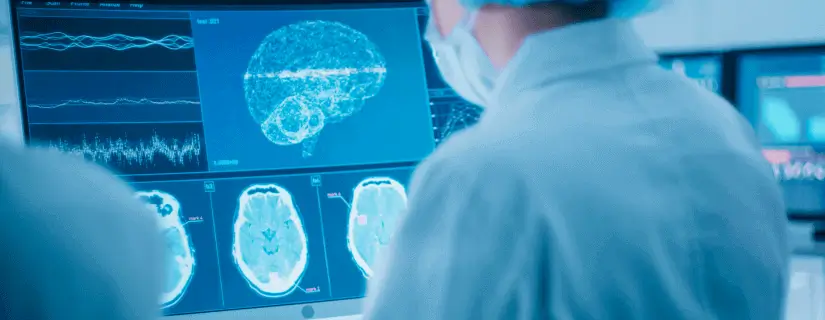
Table of Content
- What causes peripheral neuropathy/nerve weakness?
- Who does peripheral neuropathy affect?
- What causes peripheral neuropathy?
- Health Conditions That Lead to Nerve Weakness
- Lifestyle Habits That Lead to Nerve Weakness
- Nerve Damage Symptoms
- Treatment for Peripheral Neuropathy
- What are the possible complications or side effects of Peripheral Neuropathy Treatments?
- Preventing nerve weakness through healthy lifestyle choices
- FAQs
Peripheral neuropathy, or nerve damage, is a problem that occurs in the nervous system and causes numbing, tingling, weakness, and pain in the affected area. It occurs when nerve cells (neurons) become damaged or destroyed. This causes a disruption of communication between the brain and the neurons.
What causes peripheral neuropathy/nerve weakness?
A multitude of conditions can be contributors to peripheral neuropathy/ causes of nerve weakness, which can range from health conditions to lifestyle habits. Seek guidance from the doctors of best neurology hospital in Bhubaneswar to get a better understanding of what is causing the nerve weakness.
Who does peripheral neuropathy affect?
Peripheral neuropathy can impact individuals without discrimination based on factors such as age, gender, race, personal situations, medical background, and more. Nonetheless, certain individuals may be at a higher risk of developing particular types of peripheral neuropathy, as discussed in the Causes and Symptoms section below.
Moreover, peripheral neuropathy is frequently associated with age-related health conditions. This implies that the likelihood of developing peripheral neuropathy rises with advancing age.
What causes peripheral neuropathy?
Peripheral neuropathy can occur due to various factors, including:
- Type 2 Diabetes: Unmanaged type 2 diabetes is the leading cause, as prolonged high blood sugar levels can damage peripheral nerves, often leading to loss of sensation in the feet and lower legs
- Vitamin and Nutrient Deficiencies: Certain vitamin deficiencies, such as copper, B1, B6, B9, B12, folic acid, and E, can lead to nerve damage. Excessive vitamin B6 intake can also have this effect.
- Autoimmune and Inflammatory Conditions: Conditions like Guillain-Barré syndrome, CIDP, lupus, rheumatoid arthritis, Sjögren syndrome, vasculitis, and others can result in neuropathy.
- Medications and Toxins: Some medications (like certain antibiotics, arrhythmia drugs, and gout medications) and exposure to certain chemicals can cause peripheral neuropathy.
- Tumors: Both malignant and benign tumors can disrupt the peripheral nervous system.
- Genetic Conditions: Inherited conditions such as amyloidosis, Fabry disease, and Charcot-Marie-Tooth disease can lead to neuropathy.
- Infections: Viral infections like HIV, bacterial infections like Lyme disease, and conditions like shingles can damage nerves.
- Hansen Disease (Leprosy): This rare disease damages peripheral nerves and is more common in developing nations.
- Trauma and Surgery: Nerve injuries can result from physical trauma or medical procedures, often causing localized or permanent damage.
- Vascular Disorders: Circulation problems can lead to neuropathy, with severe cases causing lasting nerve damage.
- Idiopathic Neuropathy: In some cases, neuropathy occurs for unknown reasons, referred to as idiopathic or cryptogenic neuropathy.
Health Conditions That Lead to Nerve Weakness
Some health conditions that may lead to nerve weakness,
- Diabetes: This is the most common cause of nerve weakness.
- Autoimmune diseases: This includes Sjogren's syndrome, lupus, rheumatoid arthritis, Guillain-Barre syndrome, chronic inflammatory demyelinating polyneuropathy, and vasculitis.
- Inherited disorders: Such as Charcot-Marie-Tooth disease.
- Vascular disorders: Such as inflammation, blood clots, or blood vessel disorders.
- Bone marrow disorders: Such as abnormal protein in the blood (monoclonal gammopathies), a form of bone cancer (myeloma), lymphoma, and the rare disease amyloidosis.
Lifestyle Habits That Lead to Nerve Weakness
Some lifestyle habits that may lead to nerve weakness are,
- Alcoholism: It can lead to Vitamin deficiencies.
- Toxic substances: Exposure to poisonous chemicals such as lead and merc
- ury.
- Vitamin deficiencies: You may notice vitamin B-1, B-6, B-12, and Vitamin E. Nerve damage usually develops slowly, and the symptoms it shows can indicate the extent of the damage.
Nerve Damage Symptoms
Some nerve damage symptoms include,
- Feeling of numbness, tingling, or burning: This is one of the earliest signs of nerve damage that may radiate from the hands or feet and spread into the arms and legs.
- Loss of sensation: Sensory nerves may not function properly, thereby making you more prone to accidents due to an inability to feel discomfort caused by pain, heat, etc.
- Difficulty in moving parts of the body: Muscle weakness or paralysis may occur if the motor nerves are damaged. One may also simultaneously experience sudden confusion, difficulty seeing, severe headaches, or trouble walking.
- Pain running down a single leg: This refers to a constant pain that originates in the lower back and travels down the leg. It happens when the sciatic nerve becomes damaged or compressed.
- Difficulties in coordination: What may seem like clumsiness while walking is actually a lack of coordination between mind and body due to larger nerves affecting sensation being damaged. Other problems that may accompany this include tremors, rigid muscles, and speech changes.
- Frequent urination: Damaged nerves may relay false signals of bladder fullness to the brain, causing you to visit the restroom far more often than usual.
- Excess sweating: Body temperature may fluctuate frequently, causing profuse sweating. This may be a sign of nerves transmitting information to the brain of the sweat glands being compromised.
- Brief, intense headaches: Occipital neuralgia is a condition that may be the result of a nerve in the neck getting pinched. One of its prominent symptoms is short, frequent, and painful headaches that feel like electric shocks.
If you notice any nerve damage symptoms, consult neurology specialist in Bhubaneswar.
Treatment for Peripheral Neuropathy
The treatment approach for peripheral neuropathy can vary depending on the underlying cause, taking into consideration factors like medical history and personal preferences. Your healthcare provider is the best source of information regarding recommended treatments and expected recovery timelines. Generally, the following methods are commonly used for peripheral neuropathy:
- Medications: Various medications are available for treating peripheral nervous system issues. These may be administered through injections, oral pills, skin patches, slow-release formulations, and other forms.
- Surgery: Surgical interventions can be beneficial for reconnecting severed nerves or alleviating pain caused by trapped nerves. In some cases, surgery may involve cutting or removing damaged or malfunctioning nerves to disrupt their signals.
- Physical Therapy: Physical therapy plays a crucial role in recovering from injuries, medical procedures, or managing pain symptoms. It also helps individuals adapt to changes in the nervous system, enhancing balance and reducing the risk of falls.
- Devices and Wearable Equipment: Prescribed medical devices such as braces, canes, walkers, and special footwear can be utilized to prevent complications associated with peripheral neuropathy. For example, individuals with type 2 diabetes-induced peripheral neuropathy may benefit from specialized footwear.
- Podiatry and Foot Care: Given that peripheral neuropathy often affects the feet, seeking the expertise of a podiatrist is common. This specialized care addresses soft tissue and bone changes, reducing the risk of sores and infections, particularly in individuals with type 2 diabetes.
- Other Pain Treatments: If standard medications fail to alleviate pain, pain specialists may explore alternative treatments like acupuncture, transcutaneous electrical nerve stimulation, injections, or surgical implantation of a spinal cord stimulator.
What are the possible complications or side effects of Peripheral Neuropathy Treatments?
The potential side effects and complications of treatments for peripheral neuropathy can vary based on several factors. These factors encompass the particular cause of the neuropathy, existing health conditions, the specific treatments administered, and other considerations. For detailed information regarding the potential side effects and complications you might encounter, consulting with your healthcare provider is recommended.
Preventing nerve weakness through healthy lifestyle choices
Preventable factors contribute to some potential causes of peripheral neuropathy, and adopting certain measures can lower the risk of developing this condition. The most effective preventive steps include:
- Maintaining a Balanced Diet: Nervous system issues, such as peripheral neuropathy caused by vitamin deficiencies (particularly vitamin B12), can be mitigated by ensuring a well-rounded diet. It's essential to be mindful of vitamin levels, as excessive intake of certain vitamins, notably B6, can lead to peripheral neuropathy. Including a variety of Healthy nutrition foods in your diet is crucial for overall nerve health.
- Promoting Physical Activity and Healthy Weight: Regular physical activity, coupled with weight management, plays a crucial role in preventing or delaying the onset of conditions like type 2 diabetes. This is significant as diabetes can progressively damage peripheral nerves over time.
- Utilizing Safety Equipment: Nerve damage from injuries can be minimized by using appropriate safety equipment during various activities, whether at work or during recreational pursuits.
- Managing Chronic Conditions: For individuals with chronic conditions that may impact peripheral nerves, especially type 2 diabetes, following healthcare provider recommendations is crucial. Proper management can help limit the effects of the condition or delay its progression.
- Moderating Alcohol Consumption: Peripheral neuropathy is a known consequence of excessive alcohol consumption. By avoiding or moderating alcohol intake, individuals can reduce their risk of neuropathy and other associated medical complications.
- Preventing Exposure to Toxins, Poisons, and Heavy Metals: Toxins such as lead and mercury pose a significant threat to the nervous system. While mercury exposure is now rare due to environmental regulations, precautions should still be taken with older items like thermometers or thermostats. Additionally, individuals working around such substances should adhere to safety regulations, use recommended protective gear, and be aware of resources provided by local, state, and national agencies to prevent exposure to toxic metals and chemicals.
FAQs
1. Can peripheral neuropathy be reversed?
The potential reversibility of peripheral neuropathy varies depending on multiple factors. Therefore, it's crucial to consult your healthcare provider for an accurate and personalized assessment. Their guidance will be the most precise and applicable to your individual situation and conditions.
2. What is the most common treatment for peripheral neuropathy?
There is no single fixed treatment for peripheral neuropathy. The approach to treatment varies based on the specific cause and the symptoms you have. For certain causes, direct treatment is possible, while for others, the best approach is to manage and lessen the symptoms and their impact.
3. How is peripheral neuropathy diagnosed?
Diagnosis typically involves a thorough medical history review, physical examination, nerve function tests, blood tests, and sometimes imaging studies like CT scans or MRIs.
4. Can lifestyle changes help with peripheral neuropathy management?
Yes, lifestyle changes such as maintaining a healthy diet, regular exercise, and proper foot care can aid in managing peripheral neuropathy and reducing its impact on daily life.
5. When should I seek medical attention for peripheral neuropathy symptoms?
If you experience symptoms of peripheral neuropathy, especially persistent pain, numbness, or weakness, it's essential to consult a healthcare provider for a proper evaluation and diagnosis. Early intervention can lead to better outcomes.

ENQUIRY FORM
SELECT CATEGORIES
-
Neurosciences (16)
-
Neurology (38)
-
Neurosurgery (14)
-
Orthopaedics (48)
-
Oncology (33)
-
Obstetrics and gynecology (52)
-
Pulmonology (23)
-
Urology (20)
-
Nephrology (13)
-
Psychiatry (7)
-
Dietetics and Nutrition (111)
-
General Medicine (63)
-
Cardiac Sciences (32)
-
Vascular & Endovascular Surgery and Interventional Radiology (15)
-
Gastroenterology (46)
-
Endocrinology (23)
-
Plastic Surgery (10)
-
Critical Care Medicine (5)
-
COVID-19 (16)
-
Dermatology (16)
-
Emergency Care (1)
-
Ophthalmology (4)
-
Pediatrics (14)
-
Laparoscopic and Bariatric Surgery (8)
-
ENT (15)
-
Kidney Transplant (1)
-
Liver Transplantation and Hepatobiliary Surgery (5)
-
General Surgery (3)
-
Internal Medicine (5)
-
Medicine Information
This is how anxiety affects your Body
Clogged Arteries in Brain (Stroke): Causes, Risk Factors, and Treatment
YOU MAY ALSO LIKE
RECENT BLOGS
-

Rotablation Angioplasty: Benefits, Treatments, And Recovery Time
6 February 2026
Read More
-

What Is The Difference Between IUI and IVF?
6 February 2026
Read More
-
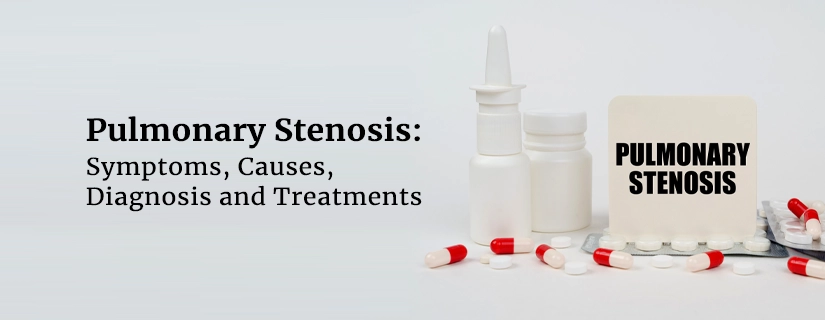
Pulmonary Stenosis: Symptoms, Causes, Diagnosis and Treatments
6 February 2026
Read More
-

Difference between Angioplasty and Angiography
6 February 2026
Read More
-

Hemoptysis (Coughing Up Blood): Causes, Treatment and Home Remedies
2 February 2026
Read More
-
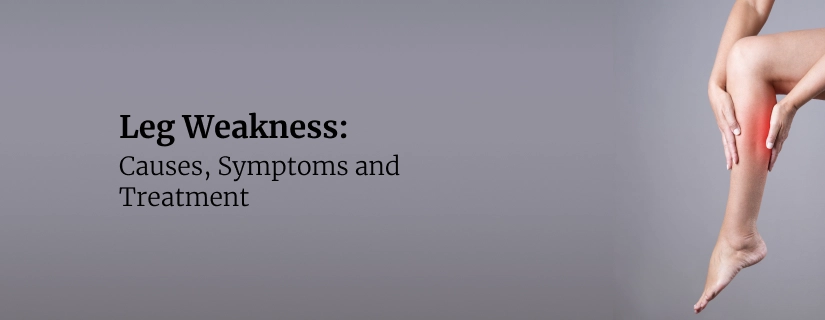
Leg Weakness: Causes, Symptoms and Treatment
9 January 2026
Read More
-

Back Pain After C-Section: Causes and Home Remedies
9 January 2026
Read More
-

Belly Button Pain (Periumbilical Pain): Causes, Treatment and When to See a Doctor
9 January 2026
Read More
Have a Question?
If you cannot find answers to your queries, please fill out the enquiry form or call the number below. We will contact you shortly.






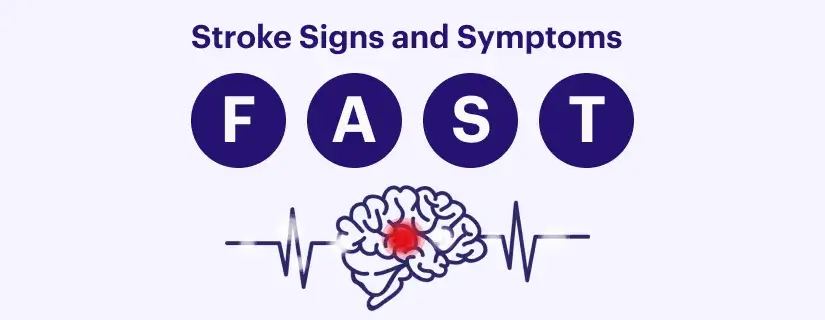
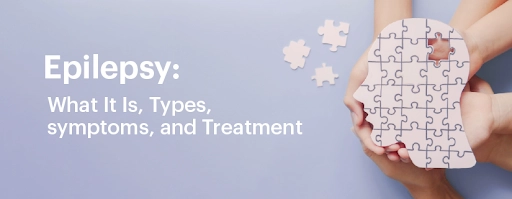

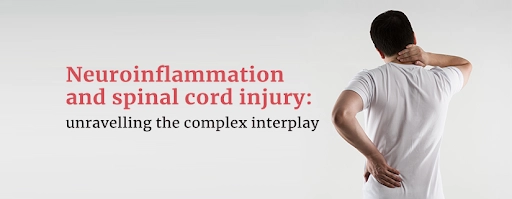
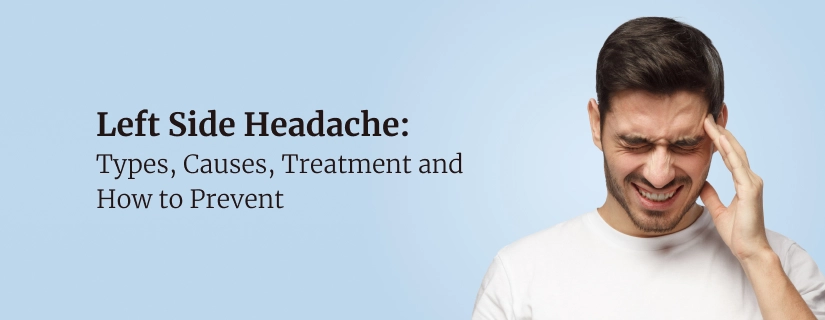



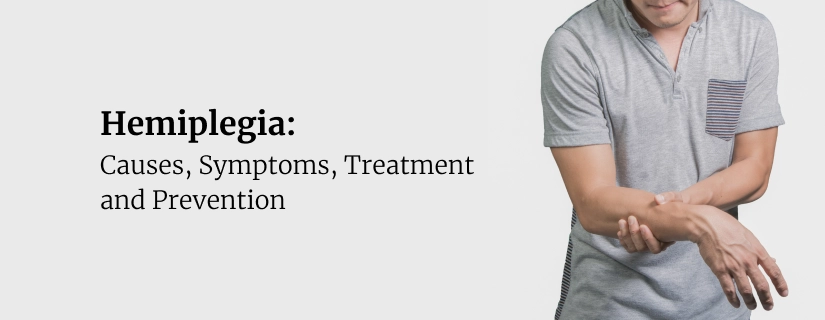
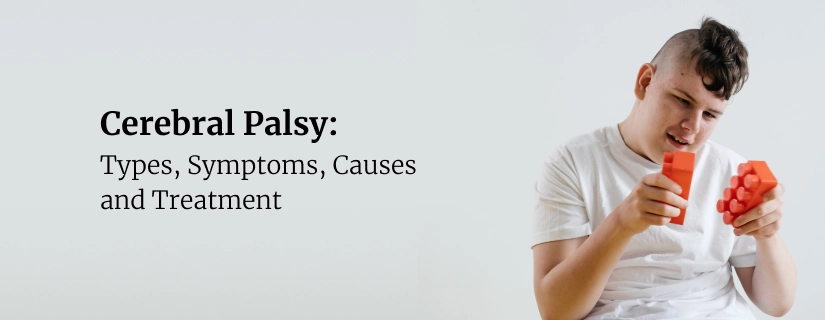

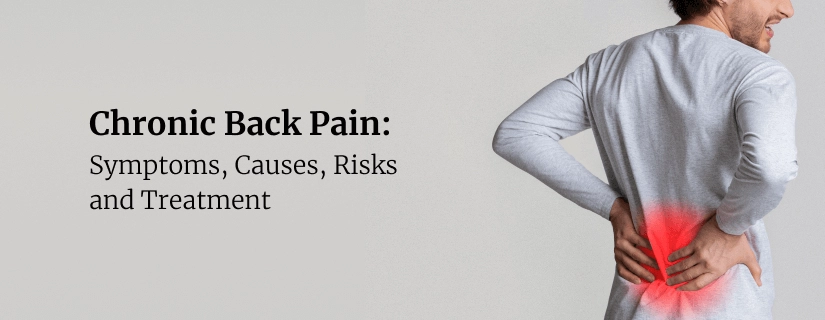

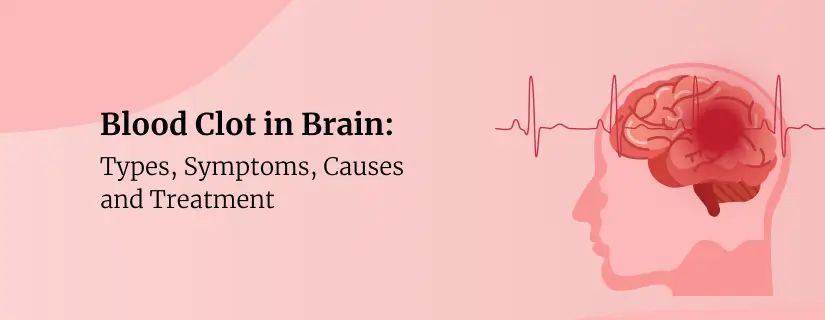

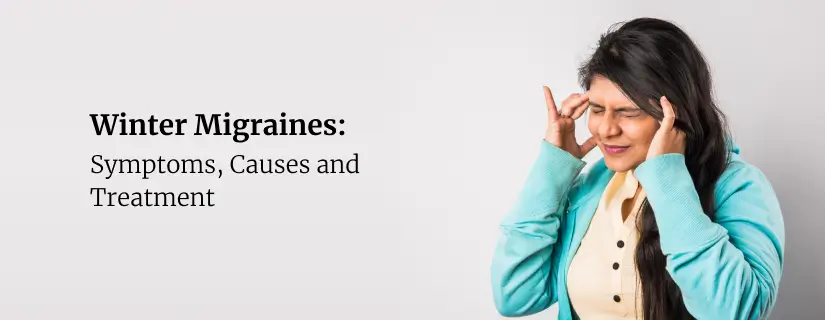

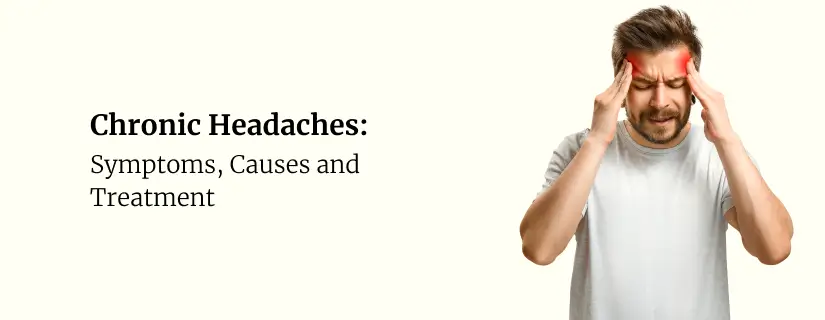
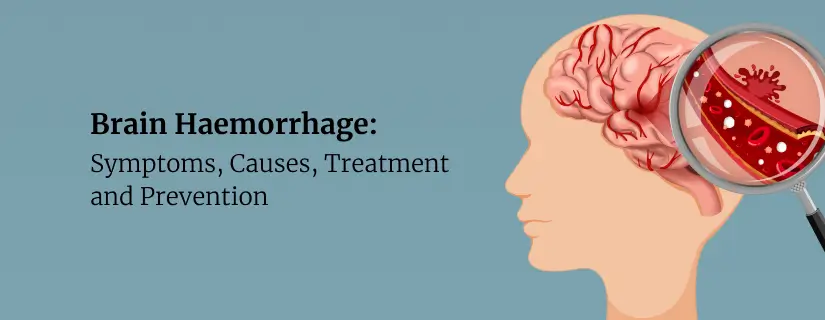
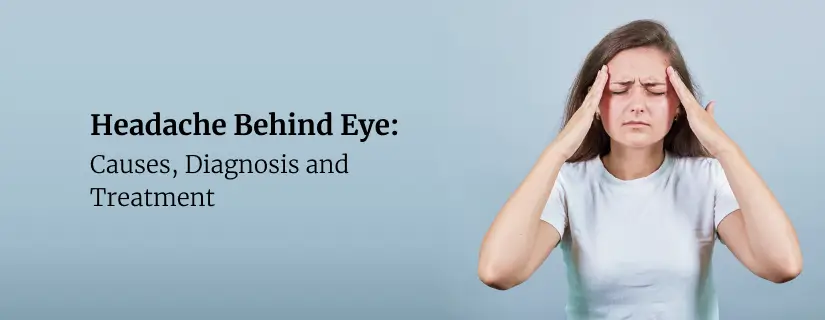

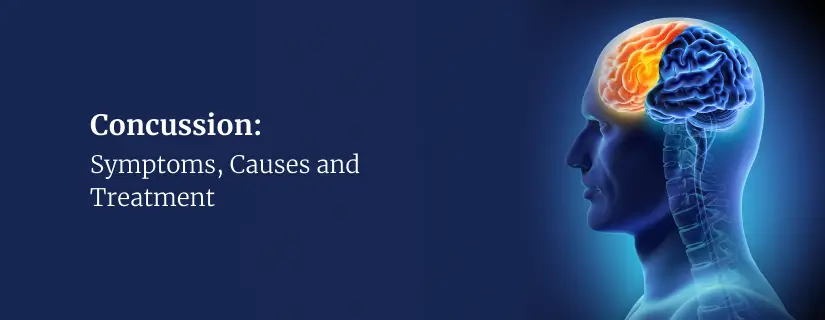

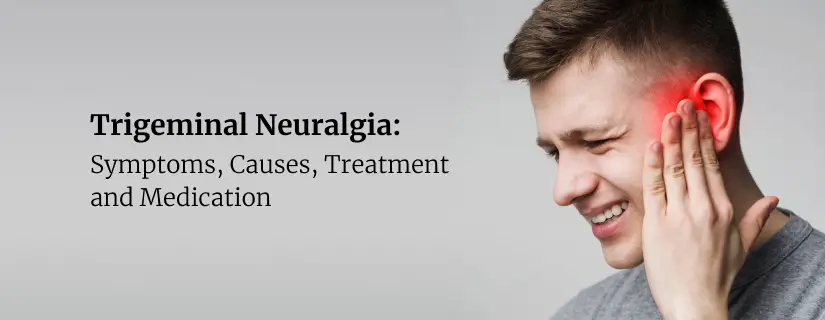
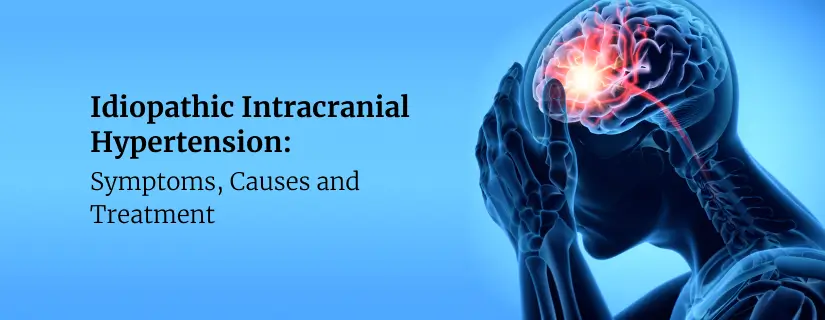
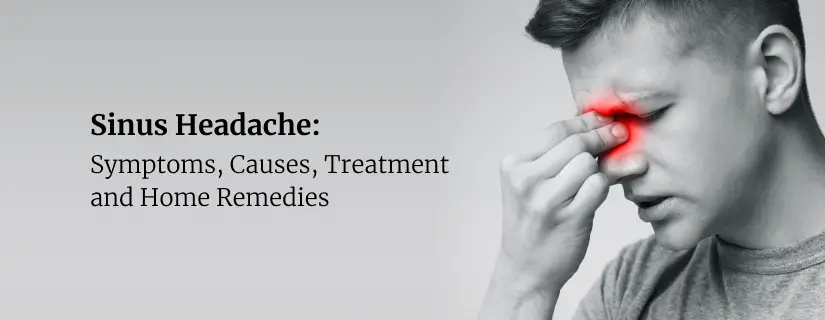



.webp)
